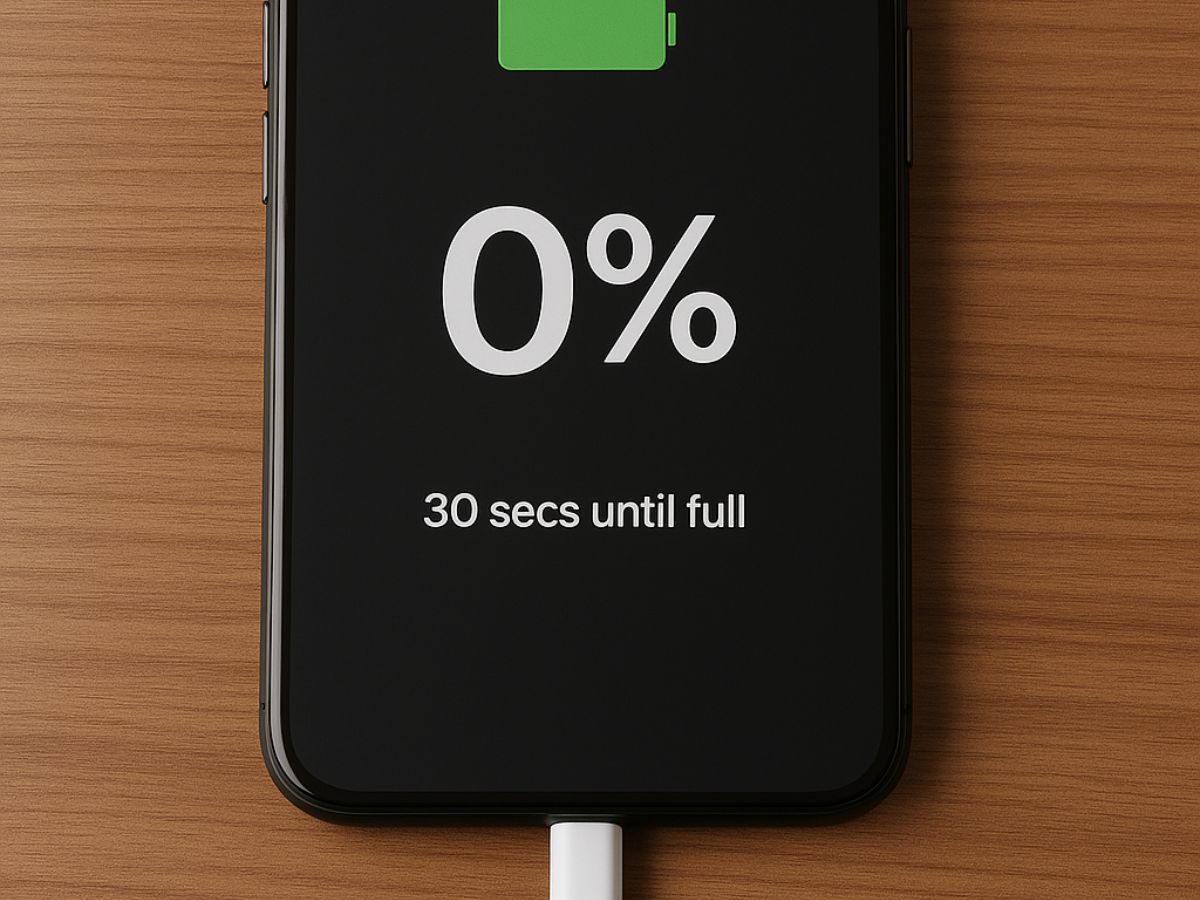Science
Researchers Unveil Supercapacitors That Charge in Seconds

A research team from Monash University in Australia has achieved a significant breakthrough in energy storage technology. The team has developed a new, carbon-based material that allows supercapacitors to store energy comparable to that of traditional lead-acid batteries while enabling much faster charging times. This advancement could revolutionize various applications in electronics, potentially allowing devices to charge within seconds.
The innovation comes at a crucial time as demand for efficient energy storage solutions continues to rise. Supercapacitors, known for their rapid discharge capabilities, have long been limited by their energy storage capacity. With this new material, the Monash team has successfully bridged that gap, making supercapacitors a viable alternative to lead-acid batteries in many applications.
Commercialization and Future Prospects
The promising technology is now being commercialized by a spinout company from Monash University. This transition from research to market-ready product signifies a crucial step in the development of energy storage solutions. The company aims to bring this innovative supercapacitor to the commercial sector, targeting industries that require quick charging capabilities for devices like electric vehicles and portable electronics.
According to the researchers, the new supercapacitor technology not only enhances energy storage but also maintains a longer lifespan compared to conventional batteries. This durability, combined with rapid charging, positions the product as an attractive option for both consumers and manufacturers looking to improve the performance of their electronic devices.
Implications for the Electronics Industry
The implications of this breakthrough extend beyond consumer electronics. Industries such as renewable energy, automotive, and telecommunications are likely to benefit from faster and more efficient energy storage solutions. As global efforts to transition to greener technologies intensify, the ability to quickly charge devices could significantly impact electric vehicle adoption and the efficiency of renewable energy systems.
The development of these supercapacitors aligns with the increasing trend toward sustainable energy solutions. With a focus on reducing reliance on traditional batteries, this innovation may help pave the way for cleaner and more efficient energy storage options.
As the commercialization phase progresses, the Monash University team is optimistic about the potential applications of their research. The fast-charging capabilities of supercapacitors could soon become a standard feature in a range of electronic devices, ushering in a new era of energy efficiency and convenience.
-

 Science1 month ago
Science1 month agoNostradamus’ 2026 Predictions: Star Death and Dark Events Loom
-

 Technology2 months ago
Technology2 months agoOpenAI to Implement Age Verification for ChatGPT by December 2025
-

 Technology7 months ago
Technology7 months agoDiscover the Top 10 Calorie Counting Apps of 2025
-

 Health5 months ago
Health5 months agoBella Hadid Shares Health Update After Treatment for Lyme Disease
-

 Health5 months ago
Health5 months agoAnalysts Project Stronger Growth for Apple’s iPhone 17 Lineup
-

 Technology5 months ago
Technology5 months agoElectric Moto Influencer Surronster Arrested in Tijuana
-

 Education5 months ago
Education5 months agoHarvard Secures Court Victory Over Federal Funding Cuts
-

 Health5 months ago
Health5 months agoErin Bates Shares Recovery Update Following Sepsis Complications
-

 Technology6 months ago
Technology6 months agoDiscover How to Reverse Image Search Using ChatGPT Effortlessly
-

 Technology7 months ago
Technology7 months agoMeta Initiates $60B AI Data Center Expansion, Starting in Ohio
-

 Science4 months ago
Science4 months agoStarship V3 Set for 2026 Launch After Successful Final Test of Version 2
-

 Technology7 months ago
Technology7 months agoRecovering a Suspended TikTok Account: A Step-by-Step Guide





















